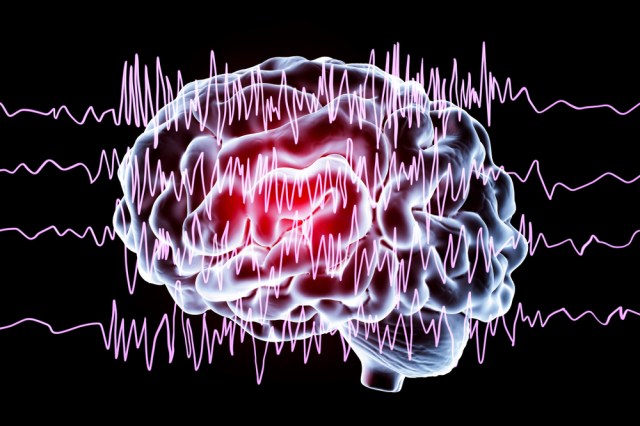Course Summary
Practice Level: Intermediate
Epilepsy is a seizure disorder of varied etiology and symptomology and its treatment depends on multiple factors, including age of onset and type of seizure. Sometimes the seizure is absent or mild enough to go untreated by medication and resolves over time. Most often, epilepsy is a life long condition that requires close medical management. Anti-epileptic drug therapy often requires serum monitoring for dose adjustment and drug interaction surveillance. Screening for comorbid medical and psychiatric conditions, especially depression, anxiety, and feelings of social stigma and isolation is needed. Educating patients and families to increase awareness of epilepsy and treatment options in their unique circumstance will assist them to overcome stereotypes and help them obtain a higher quality of life.
Course Format
This course contains downloadable online lessons (PDF) and a practice test. When you’re ready, purchase the course by clicking the “Add To Cart” or “Enroll” button. This will let you take the test, complete the course evaluation and receive your certificate for CE credits.
Learning Objectives
- Differentiate between idiopathic and symptomatic epilepsy.
- Identify the functions that are measured during biofeedback.
- List common side effects of the most popular anti-epileptic drugs.
- Describe the importance of emotional support for children with epilepsy
Course Syllabus
Introduction
Overview Of Epilepsy
- Risk Factors
- Types of Epilepsy
Epilepsy Syndromes
- Temporal Lobe Epilepsy
- Frontal Lobe Epilepsy
- Parietal Lobe Epilepsy
- Occipital Lobe Epilepsy
- Primary Generalized Epilepsy
- Idiopathic Partial Epilepsy
- Symptomatic Generalized Epilepsy
- Progressive Myoclonic Epilepsy
- Reflex Epilepsy
Epilepsy Syndromes In Children
- Febrile Seizures
- Benign Rolandic Epilepsy
- Juvenile Myoclonic Epilepsy
- Infantile Spasms
- Lennox-Gestaut Syndrome
- Childhood Absence Epilepsy
- Benign Occipital Epilepsy
- Mitochondrial Disorders
- Landau-Kleffner Syndrome
- Rasmussen Syndrome
- Hypothalamic Hamartoma & Epilepsy
Treatment
- Diet
- Electroencephalography Biofeedback
- Melatonin
- Vitamins
- Folic Acid
- Calcium
- Vitamin D
Surgical Options
Anti-Epileptic Medication
Emotional Impact And Support
Stigma
Summary 2 Attachments
Authors
Jassin M. Jouria, MD
Jassin M. Jouria is a medical doctor, professor of academic medicine, and medical author. He graduated from Ross University School of Medicine and has completed his clinical clerkship training in various teaching hospitals throughout New York, including King’s County Hospital Center and Brookdale Medical Center, among others. Dr. Jouria has served as a test prep tutor and instructor for Kaplan. He has developed several medical courses and curricula for a variety of educational institutions. Dr. Jouria has also served on multiple levels in the academic field including faculty member and Department Chair. Dr. Jouria continues to serves as a Subject Matter Expert for several continuing education organizations covering multiple basic medical sciences.
Accreditation Approval Statements
This course does not qualify for NBCC credit
CE4Less.com is approved by the American Psychological Association to sponsor continuing education for psychologists. CE4Less.com maintains responsibility for this program and its content.
Courses have been approved by CE4Less.com, as a NAADAC Approved Education Provider, for educational credits. NAADAC Provider #91345 CE4Less.com is responsible for all aspects of the programming.
We are committed to providing our learners with unbiased information. CE4Less never accepts commercial support and our authors have no significant financial or other conflicts of interest pertaining to the material.


